The first weeks of President Donald Trump's return to the White House have been described by many as a "honeymoon" period for his supporters, with the administration moving aggressively to fulfill key campaign promises—especially on immigration.
But there's one policy he didn't campaign on, doesn't particularly like, and could face unexpected backlash for shutting down: his hometown of New York City's new congestion pricing initiative.
In effect for a month, the program, which tolls most drivers who enter Manhattan south of 60th street, is the first of its kind in the country. Early data suggests it is performing better than many expected—reducing traffic, increasing subway ridership, improving travel times, and perhaps most surprisingly: winning over many of the drivers who are paying the toll.
But Trump is said to be considering revoking the federal permit that allows the state policy to continue—a move backed by New Jersey Governor Phil Murphy and other suburban politicians who argue the toll unfairly burdens their constituents.
Why It Matters
Since launching, after a months-long delay, in early January, the congestion pricing experiment has reduced traffic in Manhattan's Central Business District by one million vehicles, according to the Metropolitan Transportation Authority (MTA) — a 7.5 percent drop from the same period last year.
The plan charges most drivers $9 to enter the city's most congested streets, aiming to cut traffic and pollution while generating billions for the MTA, which runs the region's mass transit system.
Travel times across major bridges and tunnels have improved by 34 percent, and many drivers who initially opposed the toll now support it, citing shorter and easier commutes.
What to Know
Trump vowed to halt congestion pricing during his campaign, arguing it would hurt the city's economy. But recent polling suggests the opposite may be true, with growing support even among those paying the tolls.
The Broadway League, the trade group that represent the Broadway theater industry, told StreetsblogNYC that ticket sales were actually higher year-over-year in January, a post-holiday lull that typically sees fewer attendance.
Meanwhile, a Morning Consult poll found that two-thirds of frequent Manhattan drivers now back congestion pricing, despite being the ones who pay the $9 toll. Among Manhattan residents, 57 percent support the policy, as do 54 percent of metro-area voters outside NYC. Even among Republicans, half now believe Trump should allow the policy to continue, according to the survey.

"People like seeing less traffic in their neighborhoods and business districts," Jon Orcutt, a former policy director at the city's Department of Transportation, told Newsweek. Orcutt helped develop former Mayor Michael Bloomberg's first attempts at congestion pricing, which was struck down by Albany lawmakers in 2008.
"For those who still need to drive—like delivery workers—it actually benefits them. The improvements are substantial and visible, which is why attitudes are changing so quickly."
Beyond traffic reduction, NYPD data highlights additional benefits. Subway ridership has increased by 13 percent, while bus ridership has grown 6 percent overall and 21 percent on weekends. With trains more crowded, transit crime has dropped by 36 percent, and fatal car crashes have fallen by 44 percent. Trip times have improved anywhere from 10 to 30 percent, depending on location.
Opposition From the Suburbs
Even as congestion pricing gains support in NYC, it remains deeply unpopular in the suburbs, among commuters who drive into Manhattan from New Jersey, Long Island and Westchester.
This opposition has become a political opportunity for Trump, who has been lobbied by New Jersey Governor Phil Murphy, a Democrat, and other regional lawmakers to revoke the federal approval that allows NYC to toll its roads.
"It is a disaster for working- and middle-class New Jersey commuters and residents who need or want to visit lower Manhattan and now have to pay a big fee on top of the bridge and tunnel tolls they already pay," Murphy wrote in a letter to President Trump one day after his inauguration.

"There is a lot of political pressure from the suburbs," Kathy Wylde of the Partnership for New York told NBC. "The president needs every one of those seats in the next election."
Trump and New York Governor Kathy Hochul have already discussed the issue, with Hochul making the case to the president that congestion pricing reduces gridlock, lowers emissions, and funds critical subway upgrades. Congestion pricing supporters argue that if Trump caves to pressure from suburban Republicans, he would end up killing a policy in its infancy before it has a chance to fully prove its effectiveness.
However, Orcutt believes the opposition has been exaggerated and that Trump may not have as much power over the matter as some assume.
"Unlike federal funds, which can be withheld, the money NYC is getting is generated locally," he explained. "The necessary federal approvals are already in place, and there's no clear mechanism to reverse them."
The decision extends beyond New York City. If Trump moves against congestion pricing, similar plans in Los Angeles, San Francisco, and Chicago—which have been considering their own tolling measures—could be derailed.
But for now, based on early data and polling, congestion pricing appears to be working. The question is whether Trump will allow it to continue—or turn it into a political showdown that will likely end up in the courts.
What People Are Saying
New Jersey Governor Phil Murphy, in a letter to President Trump: "New York's congestion pricing scheme received the close look it deserved but did not get from the federal government last year."
Jon Orcutt, former director of policy at NYC's Department of Transportation, to Newsweek: "Most people commuting from New Jersey to Manhattan take a train or bus. The complaints are coming from a small group of people, some of whom don't even drive into the city but simply dislike the policy."
Avi Small, spokesperson for New York Governor Kathy Hochul, to Politico:
"America's economy relies on New York City, and New York City relies on public transit—that's why Governor Hochul will always advocate for funding the commuter rail, subways, and buses that fuel the economic growth of the greatest city in the world."
What Happens Next
If Trump moves to revoke the federal permit for the program, New York State and city officials are expected to fight back in the courts. Governor Hochul and Mayor Eric Adams have both previously indicated they will challenge any federal interference, arguing that congestion pricing is already legally established and critical for funding transit improvements.

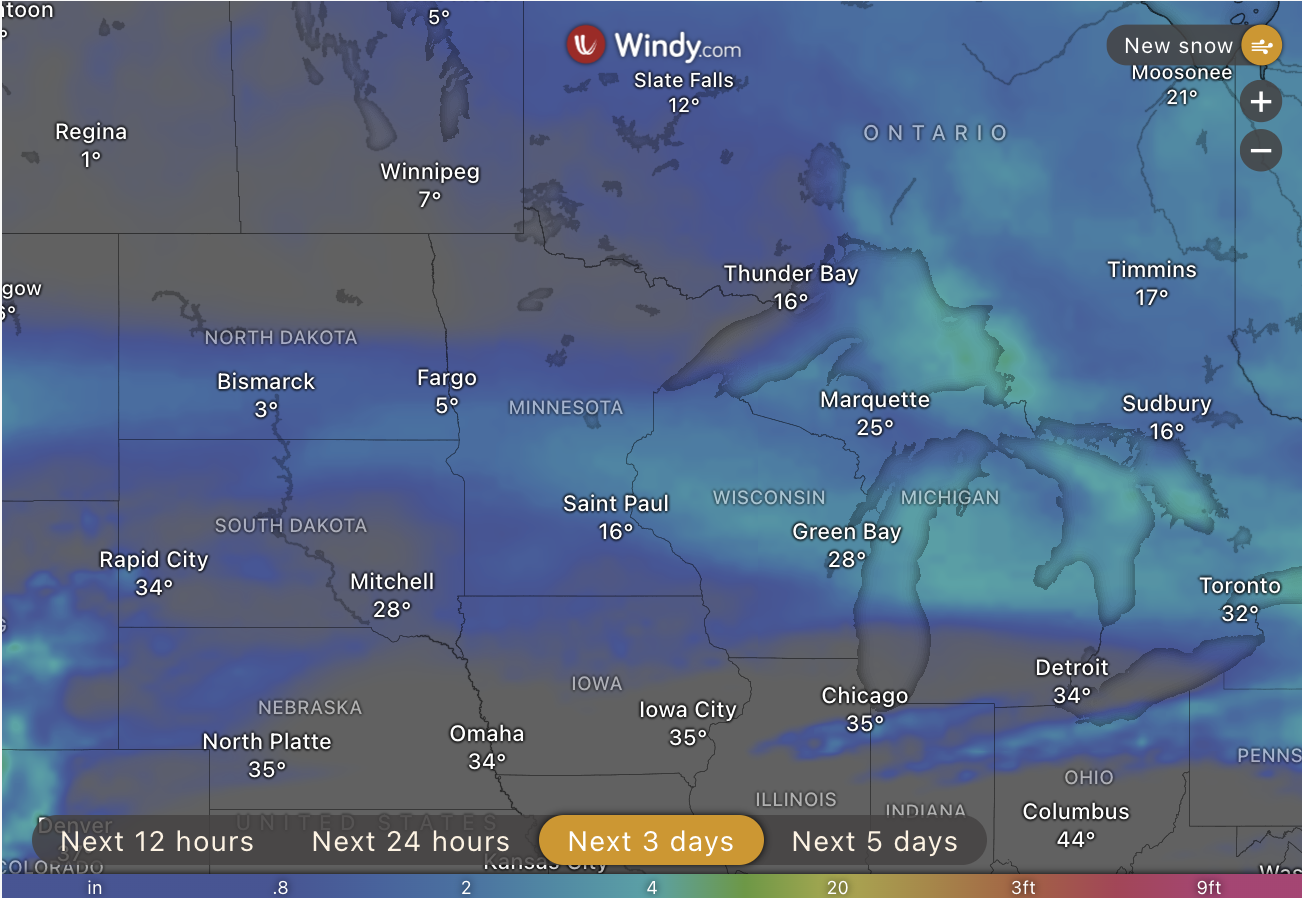
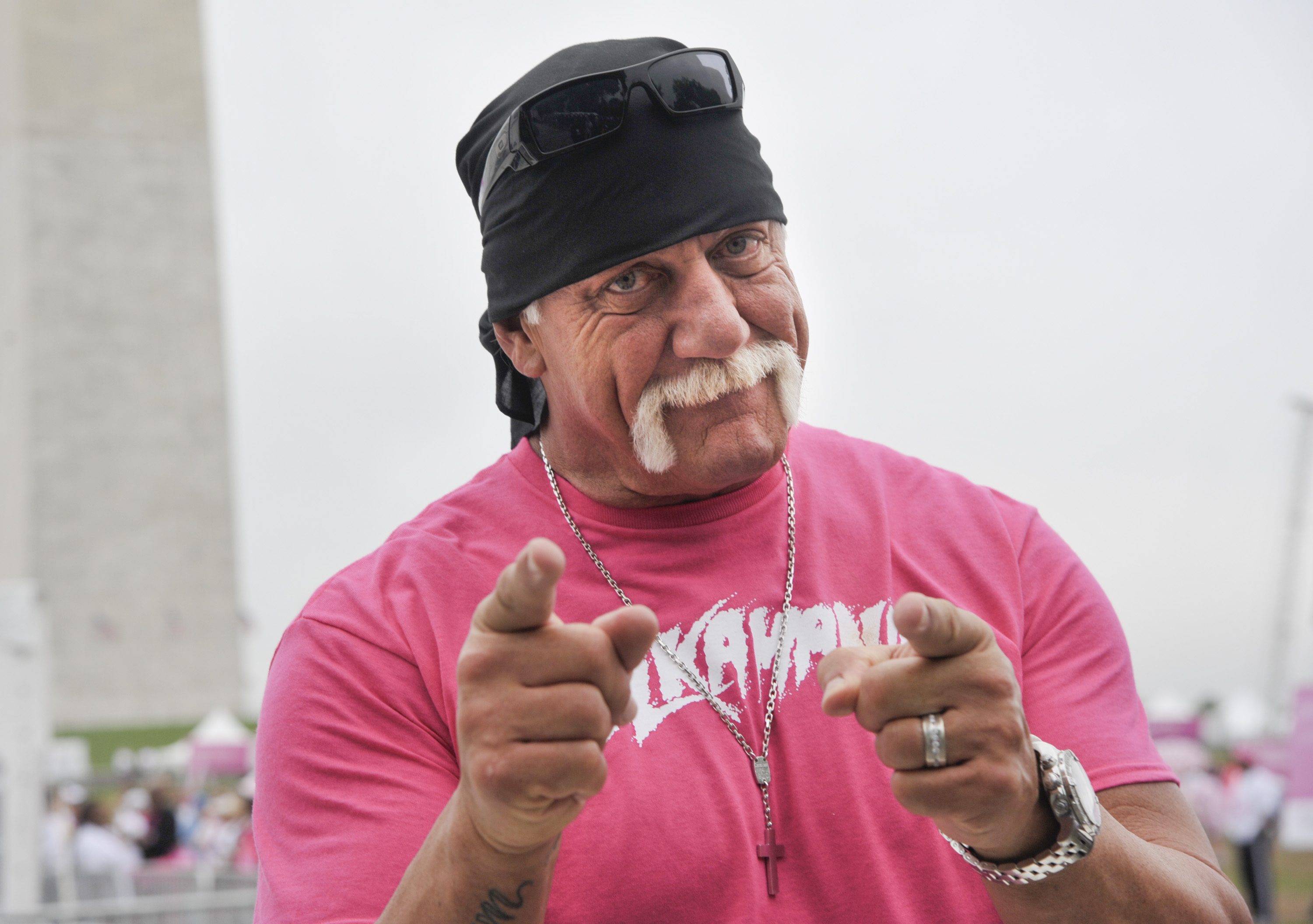


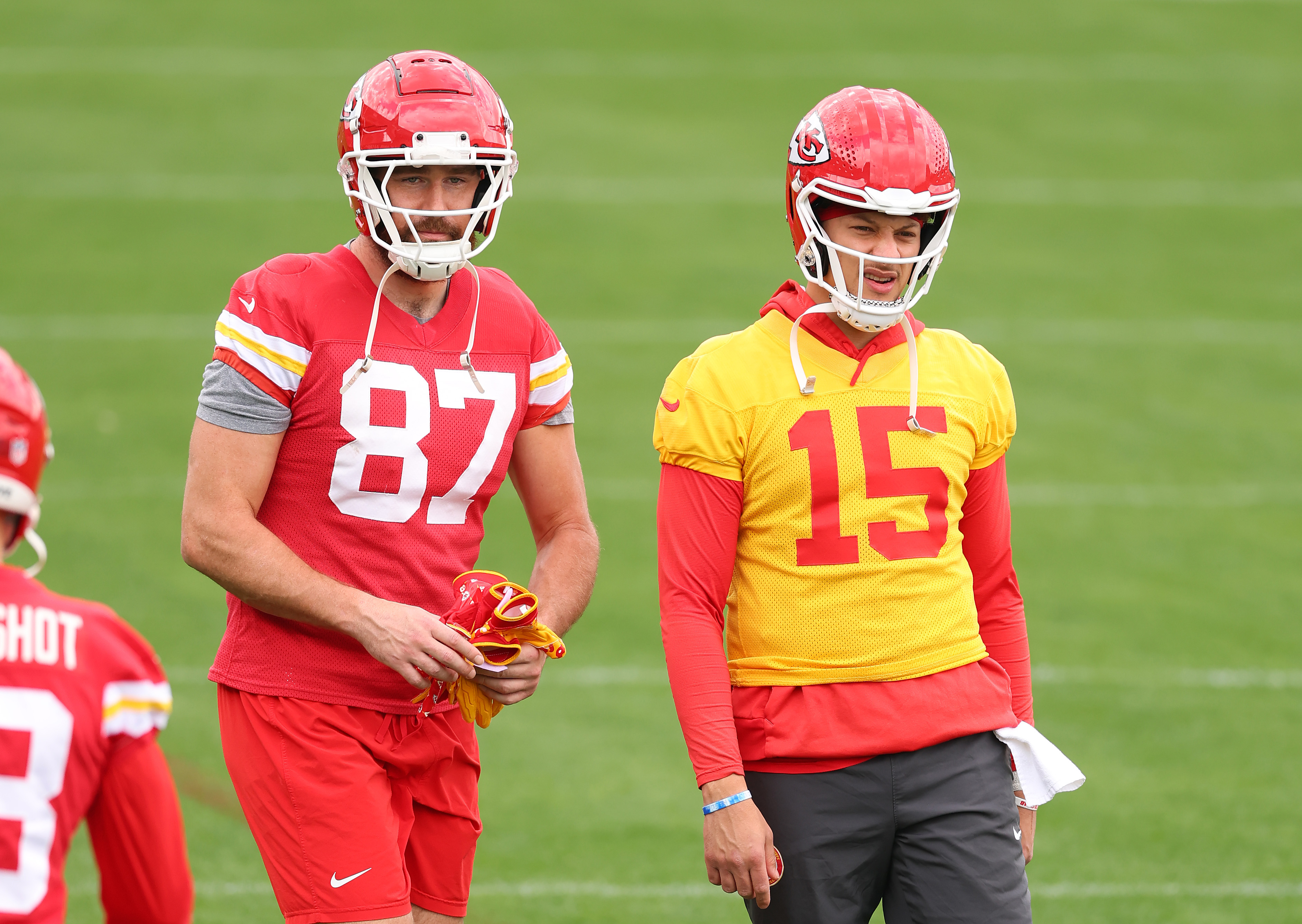
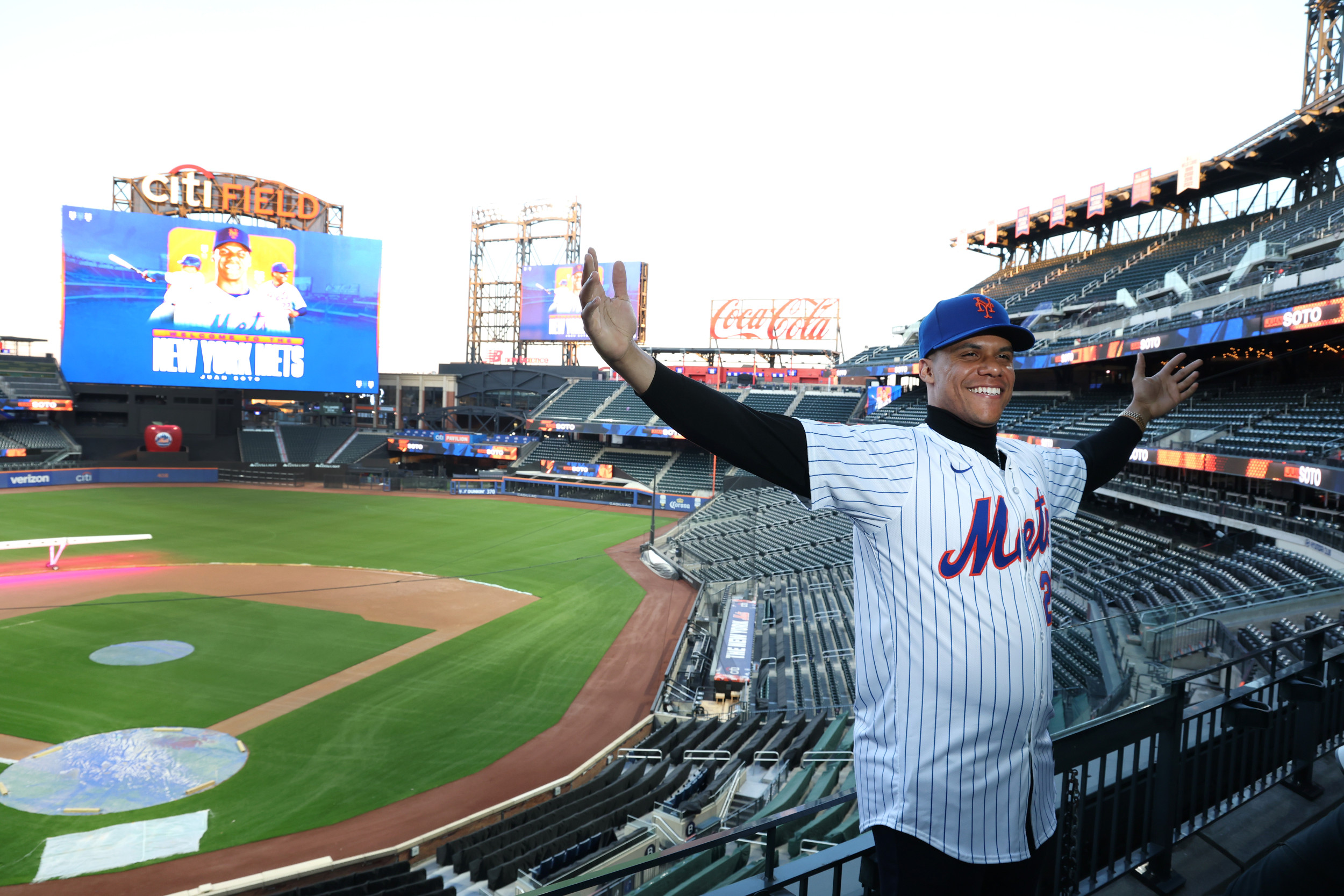


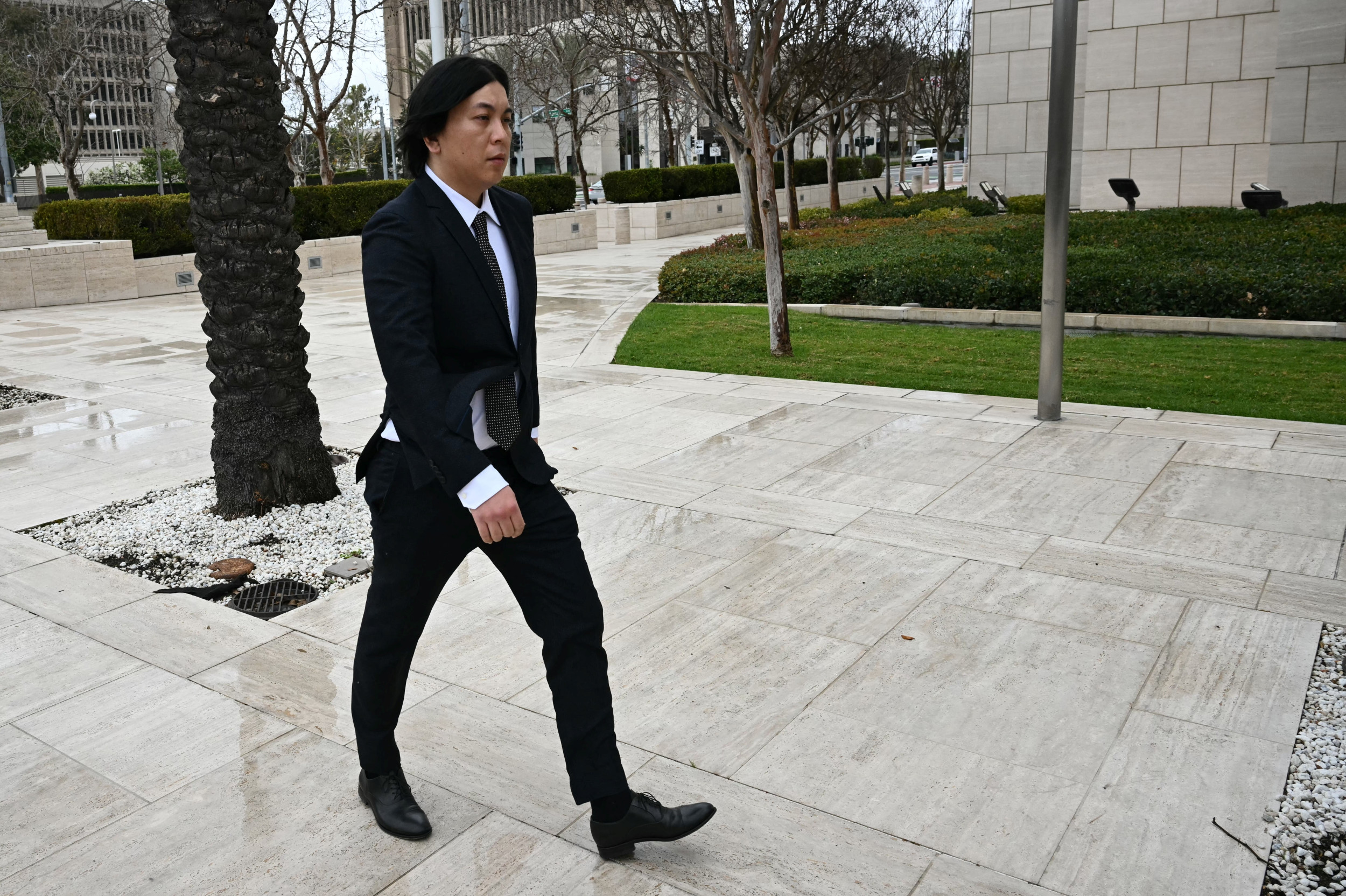

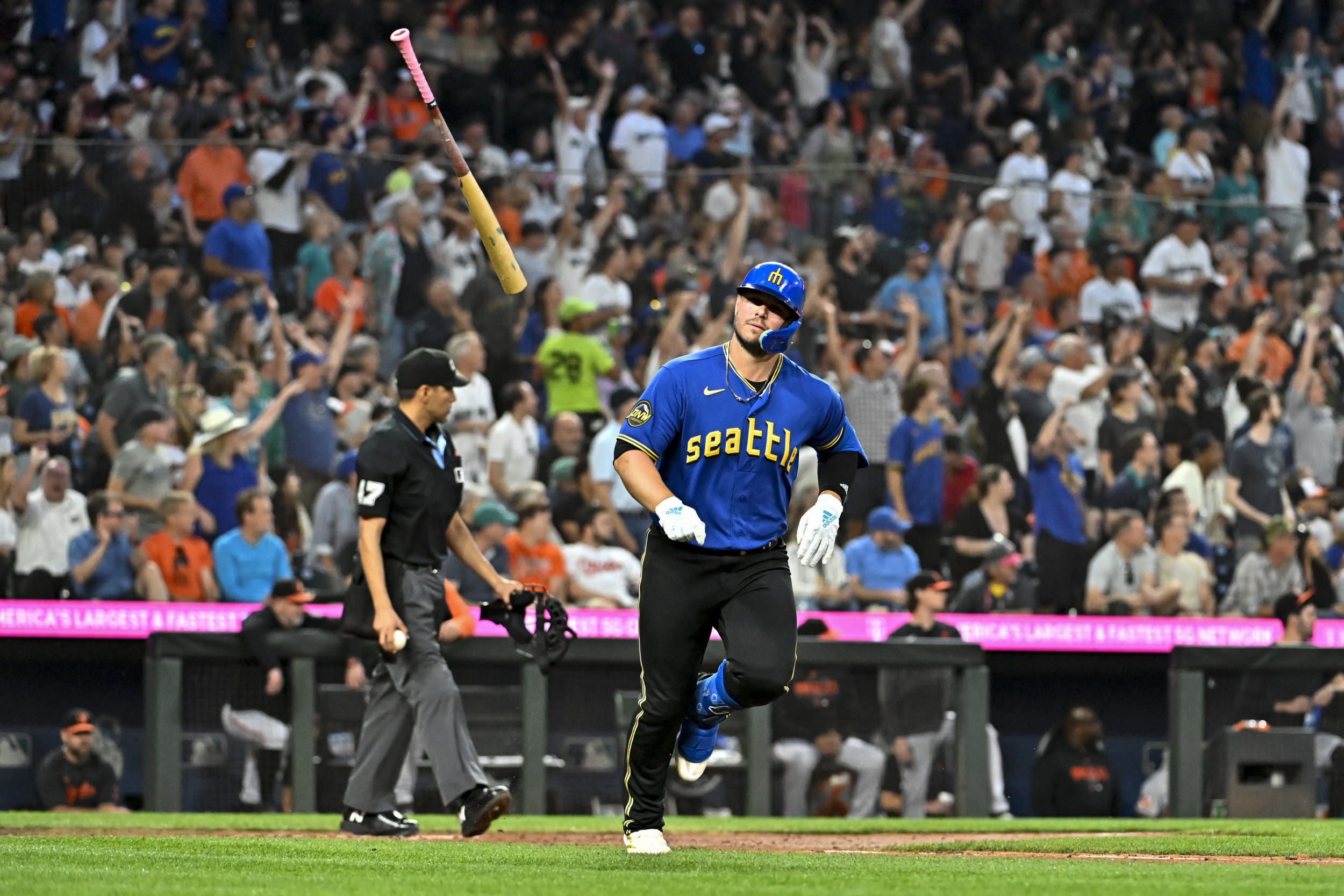


)





 English (US) ·
English (US) ·